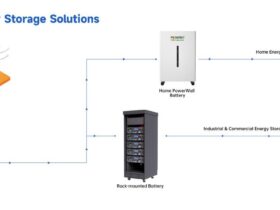Finding the best bookshelf speaker can be a bit challenging with the multitude of options available in the market. However, by considering a few important factors, you can make an informed decision that will suit your needs and budget.
Power Handling and Wattage:
The power handling and wattage determine the volume and quality of sound that the speaker can produce. A good bookshelf speaker should have a power handling capacity of at least 20 watts per channel and an RMS wattage of around 50 watts.
Frequency Response:
The frequency response refers to the range of audio frequencies that a speaker can accurately reproduce. A frequency response range of around 60Hz to 20kHz is considered to be a good standard for bookshelf speakers.
Impedance:
Impedance is the electrical resistance of a speaker. A good bookshelf speaker should have an impedance of at least 4 ohms to ensure compatibility with most amplifiers.
Sensitivity:
Sensitivity is a measure of how efficiently a speaker converts power into sound. A higher sensitivity means that the speaker will produce more volume with less power. A good bookshelf speaker should have a sensitivity rating of around 85dB or higher.
Driver size:
The size of the speaker driver directly affects the quality and volume of sound produced. A larger driver size usually means better sound quality and volume, but it also means a larger speaker. Choose a driver size that fits your needs and space requirements.
Brand Reputation:
Look for speakers from reputable brands that have a proven track record for producing high-quality products. Read customer reviews and do some research to ensure that the brand you choose has a good reputation in the industry.
Price:
The price of a bookshelf speaker is an important consideration, but it shouldn’t be the only factor. A higher price doesn’t necessarily mean better sound quality, but it’s also important to remember that you get what you pay for. Set a budget and find a speaker that offers the best value for your money.
Conclusion
In conclusion, finding the best bookshelf speaker involves considering factors such as power handling, frequency response, impedance, sensitivity, driver size, brand reputation, and price. By weighing these factors, you can make an informed decision that will provide you with the best possible listening experience.










Leave a Review